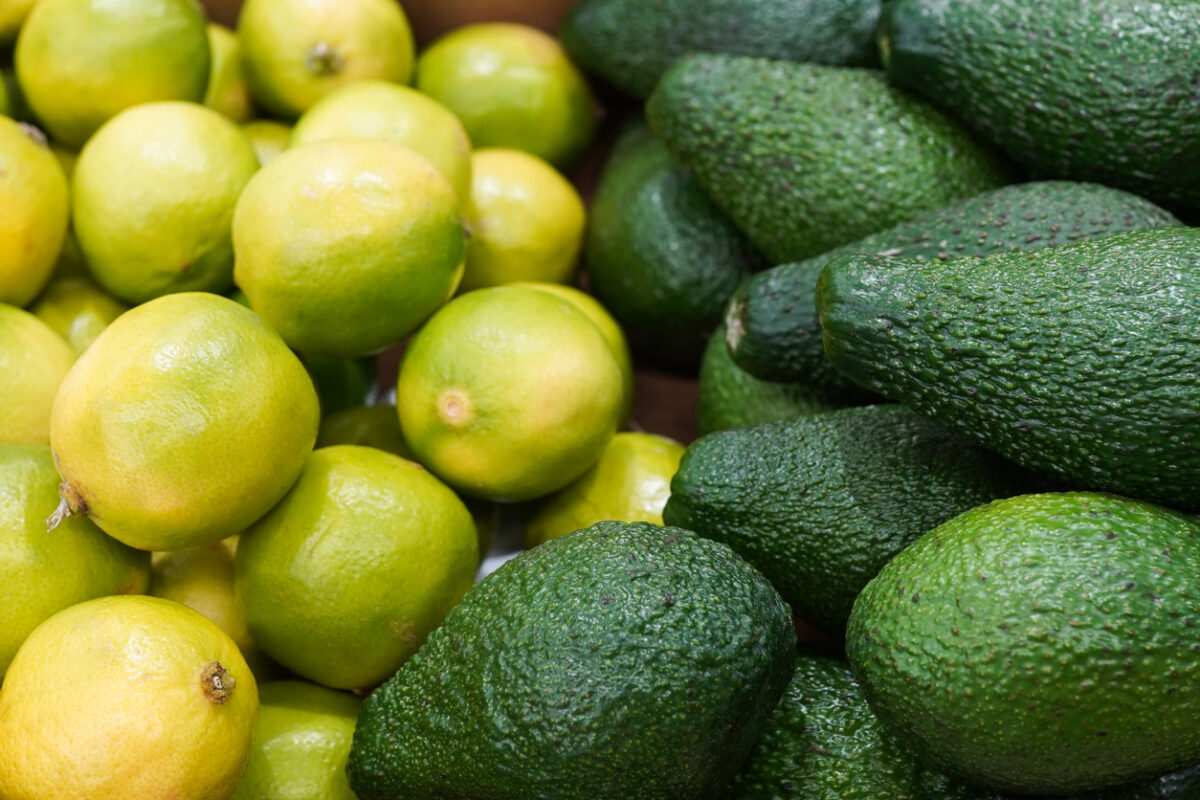Plastic Packaging Tax: new fees come into effect as Government hopes to boost recycling levels

A new tax on plastic packaging that does not contain at least 30% recycled plastic is being introduced today [01.04.2022].
The new fees will impact manufacturers and importers of plastic packaging who produce or utilise more than 10 metric tonnes per year. The rate of tax will be £200 per metric tonne of plastic packaging.
According to the Government, the aim of the tax is to provide “a clear economic incentive for businesses to use recycled plastic in the manufacture of plastic packaging”.
By increasing the use of recycled plastic, it is hoped more material will be recycled to meet the demand for recycled plastic usage.
The tax is expected to impact an estimated 20,000 manufacturers and importers in total and will apply to plastic packaging components, empty packaging and packaging already containing goods, such as bottled drinks.
Action on limiting the amount of virgin plastic produced, imported, and used in the UK has been increasing in recent years. The first 5p levies on plastic bags were introduced in 2015, and subsequently increased to 10p in 2021.
On 1 April 2021 England also banned the supply and sale of single-use plastic straws, cotton buds and drink stirrers.
Additionally, the Government’s UKRI research arm has allocated £30 million to fund projects that produce alternatives to plastic packaging.
According to Government estimates, the plastic packaging tax could increase recycling rates by around 40%. This is equal to carbon savings of nearly 200,000 tonnes for the period 2022/2023, it says.
However, the effectiveness of the tax has been called into question by some working within industrial and packaging design.
Andy Trewin Hutt, Associate Director of industrial design studio Morrama, says: “At first glance, the plastic packaging tax looks like a great sustainable initiative. However, after discussing it with one of our clients, it is clear the tax would not have cost them as much as their switch to CPET, a variation of standard PET that is crystallised for heat resistance, rigidity, and toughness.”
Hutt says his client’s packaging costs have increased by £500,000 more a year having made the switch to a less harmful plastic material. He adds that simply paying the plastic packaging tax would not have cost as much.
“Therefore, you could argue the Government initiative is not enough if the cost of the materials with the recycled content is more than the actual tax – if it’s designed to be an incentive, it needs to be cost effective.”
Additionally, there is concern the plastic tax will catch retailers unaware when it is introduced. Research conducted by YouGov on behalf of waste disposal company Veolia suggests 77% of British businesses aren’t aware of the tax.
Those looking for more information on the tax should consult the Gov.uk website.








